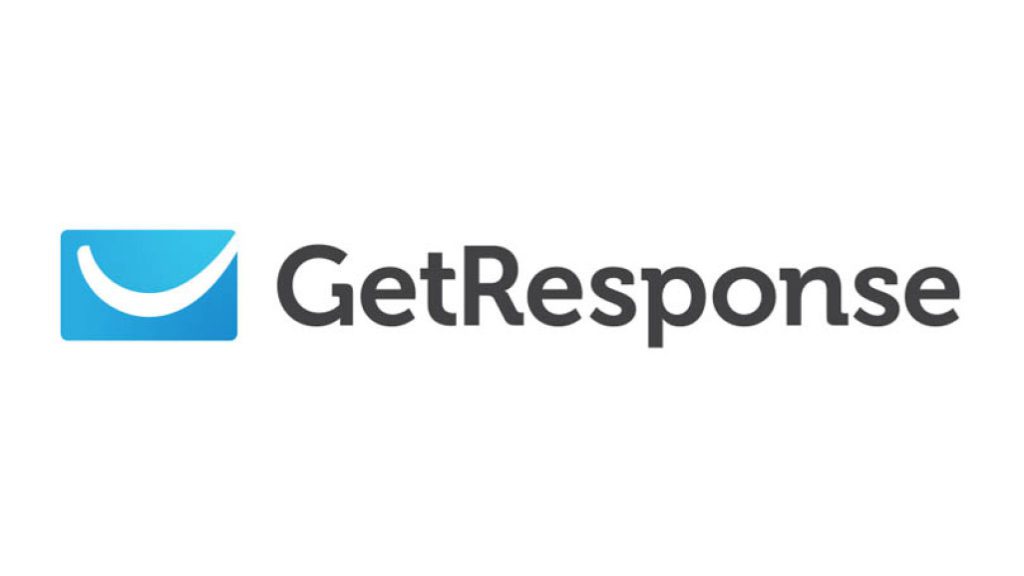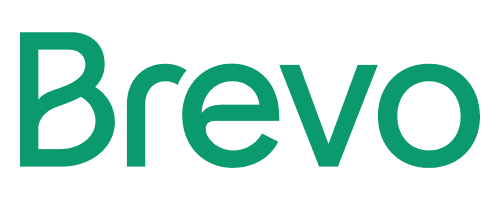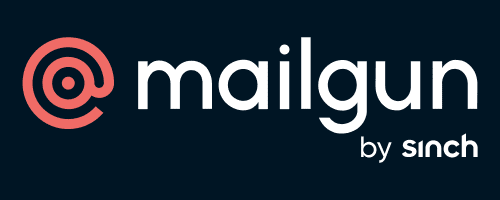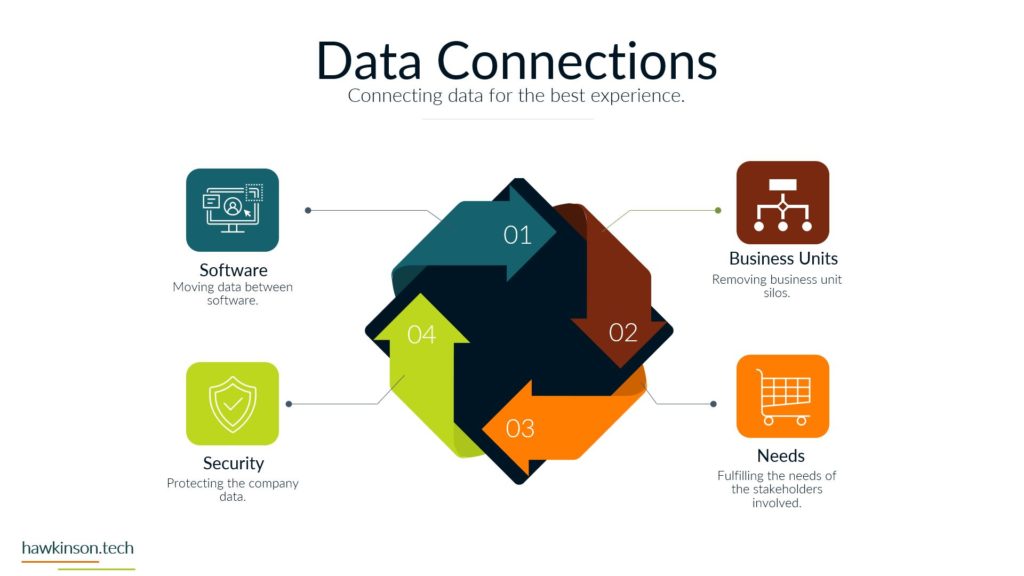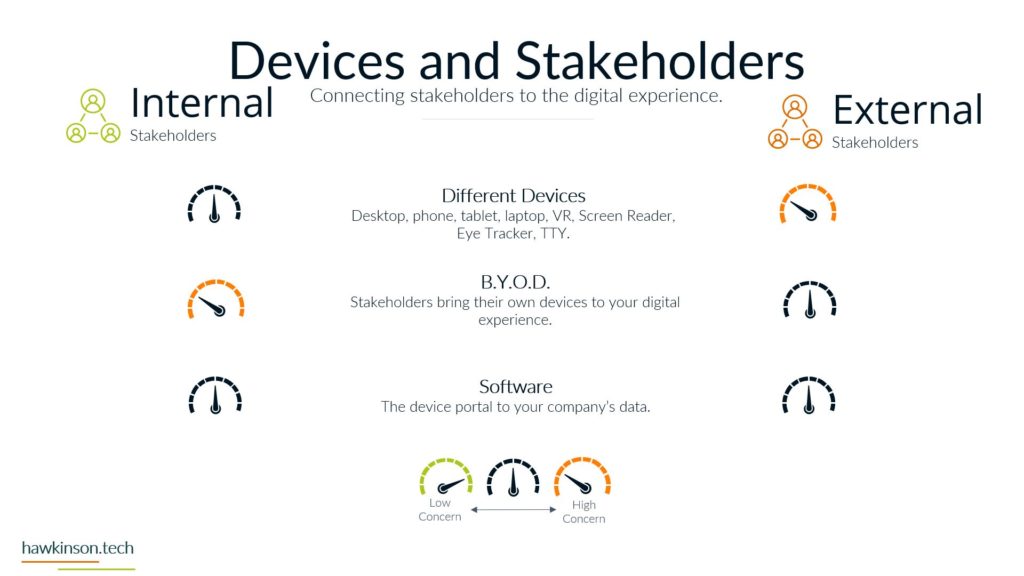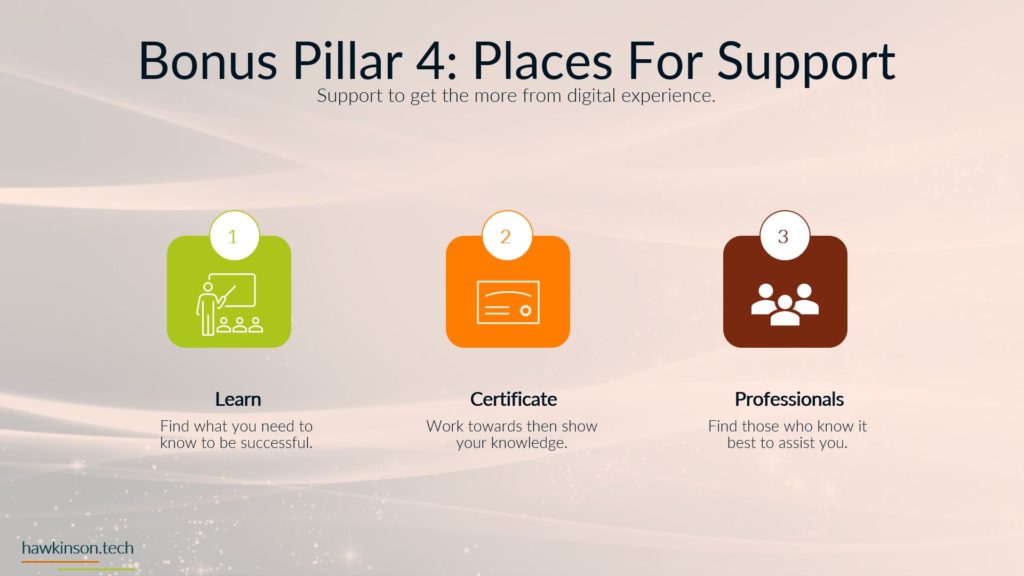With the increase in information technology, businesses have found a new way to approach their target audience; digital business marketing. Google receives 943 billion searches annually, with some searching for your niche. However, there is also a significant level of competition to rank first on the google results page, and that’s when SEO comes in.
Search Engine Optimization is the process of optimizing your content in such a way that ensures top ranking on search engine result pages (SERPs). One of the aspects of SEO is keyword research, which gives you insight into the phrases your target audience uses on the google search bar. Therefore, tools for finding keywords can help small business marketing approaches and increase visitors to the website.
Best Tools for Keywords
According to Moz, more than 54% of queries are at least three words long. Keywords are categorized as long tail and short tail, each important in its own right. Long tail keywords have a 5% higher click-through rate than generic searches. Therefore, these keywords become the ultimate guide to business transformation.
Below, we discuss some of the best tools for keywords that you can use to ensure that you rank higher on search result pages.
1. SEMrush
Semrush is the ultimate tool for small business marketing. Unlike other tools that give you hundreds of keywords, SEMrush gives precise keywords that your competitor websites are already using so you can generate unique and powerful content.
Moreover, SEMrush is easy to use. You simply add your competitor’s domain name in the search bar and choose the market region. You can then find the keywords in the organic search section. SEMrush will show you the keywords, their estimated number of organic visitors, and the value of each keyword. If the keywords have a high number of organic visitors but a low value (traffic cost), these visitors aren’t converted into paying customers.
For a more specific result, you can check the organic keyword section, which gives you the top keywords used by your competitors, and this is what makes SEMrush one of the best tools for finding keywords. You can also use the “questions” filter to see keywords that form a question. Moreover, you can search for keywords using a word or phrase you want keywords on rather than the domain name of your competitor.
2. Ahrefs Keyword Explorer
Ahrefs is a popular tool for finding keywords that offer many of the same features as SEMrush. One of the reasons for its popularity is that it gives a detailed analysis of each keyword. While most content creators only search for search volume when finding keywords, Ahrefs gives them a thorough breakdown of each keyword’s value.
Ahrefs gives more than a thousand keyword suggestions and shows you metrics such as search volume, COC, traffic potential, and more. One of the main features is keyword difficulty, and Ahrefs shows you how many backlinks you require to get on the first page of Google. Moreover, Ahrefs can also give you insights into other search engines such as yahoo and bing.
To start, you must add the keyword or niche you want to search for, select the region and the search engine, and hit search.
3. Moz
Moz is one of the best tools for finding keywords to create diverse content in a single niche. While most keyword-finding tools tend to integrate your keywords into others, Moz takes a different approach.
Moz’s approach to keyword finding also consists of lateral keywords based on the keyword you put into the search bar. The keywords have a relevancy score that shows how each term relates to your original search. Moreover, Moz gives you a keyword analysis of monthly volume, priority, difficulty, and CTR.
The CTR shows how many clicks you can gain from the keyword, while priority shows whether a keyword is worth using. Furthermore, Moz gives a SERP analysis that shows you a list of top-ranking pages. Moz also gives you ten free keyword searches a month, but the paid version is where it truly shines.
4. UberSuggest
While the free version of Ubersuggest leaves most to be desired, the paid version is on a completely different wavelength. Like other tools for finding keywords in this list, Ubersuggest is easy to use. You only need to add a search term in the search bar, and it will give you the information you need.
Ubersuggest also allows you to filter the keywords based on different metrics, including the question, prepositions, comparisons, and more. Moreover, it also features a SERP analysis, site analysis, and keyword analysis feature.
However, Ubersuggest is one of the best tools for beginner content creators and small business marketing as it gives a thorough overview of what you can do with the keywords. It shows you the top 100 google results for each keyword and gives you their visitor number, backlinks, domain score, and social shares.
Additionally, the Content Ideas section gives you some titles or topics based on your keywords and their estimated performance on social media and google pages.
5. Google Search Console
While the google search console isn’t the same as the tools we mentioned above, it is still one of the most resource tools for finding keywords and is perfect for generating ideas for small business marketing.
The Google Search Console offers a Performance Report feature that lists the pages on your website that get the highest number of clicks and which keyword is most likely the reason. The data allows you to unearth search terms you may not know you needed and optimize your web content accordingly.
Moreover, you can combine the Google Search Console with Google Analytics to power up both tools, getting you an in-depth analysis of your website and keywords.
Finding the Best Tools for Finding Keywords
Now that you know the top five tools for finding keywords, you must be confused about which one to use. The decision on which tools to use depends on the user. All the tools in the list are excellent for finding keywords, but you must choose the best ones.
In our opinion, SEMrush is the best tool for finding keywords. However, the data present in the results might be complicated for beginners unless you are adept in SEO. If you prefer more user-friendly tools for finding keywords that can help you direct content, you might like to use Ubersuggest.
If you are looking for free keywords and do not require much analysis depth (unless you pay for it), then you might prefer Moz. Not only is Moz user-friendly, but it also gives ten free searches a month. Similarly, you can use Google Search Console since you must set up a Google Analytics account for your website.
The table below summarizes the tools for finding keywords and who they would be best for:
| Tool | Best For |
| SEMrush | Best for professional SEO content creators. |
| Ahrefs | Best for finding paid keywords to increase conversion rates |
| Moz | Best all-around for SEO professionals and beginners |
| Ubersuggest | Best for beginners who want a detailed idea of keyword possibilities |
| Google Search Console | Best for SERP ranking and opportunity keywords |
Bottom Line
While all of them are the best tools for finding keywords, the choice of which of the five to use depends on you, your requirements, and your SEO skills. Pick a tool that can help you achieve your goals in the most efficient way possible.















